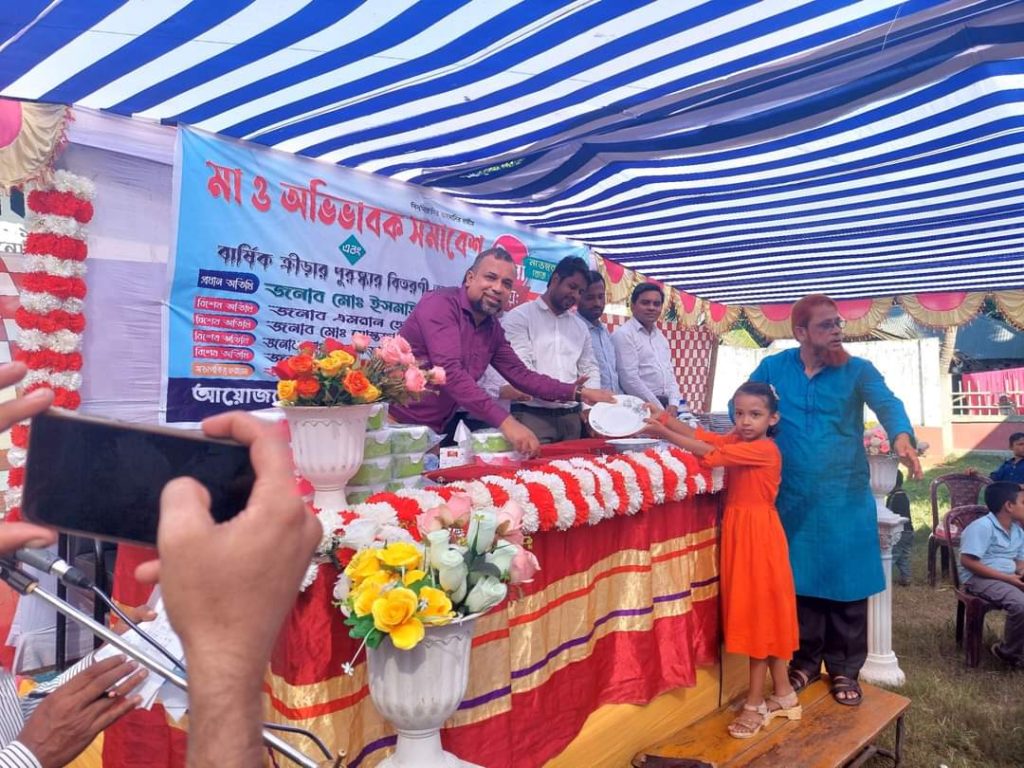Bangladesh’s garment industry has come a long way in a short amount of time. Over the past several decades, the country has transformed itself from a small, agricultural economy into one of the largest suppliers of clothing to major markets around the world. However, this rapid growth has come with its own set of challenges, particularly in the areas of worker rights and conditions.
One of the biggest challenges facing Bangladesh’s garment industry is the need to balance economic growth with the protection of worker rights. On the one hand, the industry has been a major driver of economic growth and job creation in Bangladesh, providing millions of jobs and lifting millions of people out of poverty. On the other hand, many workers in Bangladesh’s garment factories work long hours for low pay, in often-unsafe conditions, leading to widespread labor abuses, including forced labor, child labor, and discrimination against women.
Another challenge facing Bangladesh’s garment industry is the need to maintain the trust of consumers and brands. As consumers become more conscious of the environmental and social impacts of their purchases, they are demanding clothing that is produced in a responsible and sustainable manner. Brands are also under increasing pressure to ensure that the clothing they sell is ethically produced, leading to greater scrutiny of the conditions in which garments are made.
Despite these challenges, there are also many opportunities for the garment industry in Bangladesh to improve worker rights and conditions. One of the biggest opportunities is the adoption of responsible business practices and certifications. By working with international organizations and NGOs, Bangladeshi garment producers can adopt best practices for labor rights and worker safety, and demonstrate their commitment to responsible production through certifications such as Fair Trade, LEED, and others.
Another opportunity for the garment industry in Bangladesh is the development of worker empowerment programs. By investing in training and education for workers, Bangladeshi garment producers can improve worker skills and knowledge, and help to build a more empowered and engaged workforce. Additionally, by promoting worker representation and engagement, Bangladeshi garment producers can help to ensure that workers have a voice in shaping the industry and improving working conditions.
Finally, there is also an opportunity for the government of Bangladesh to play a more active role in protecting worker rights and promoting sustainability in the garment industry. Through the development of stronger labor laws and regulations, and the implementation of effective enforcement mechanisms, the government can help to create a more favorable business environment for Bangladeshi garment producers, while also protecting workers and the environment.










 Total views : 100031
Total views : 100031